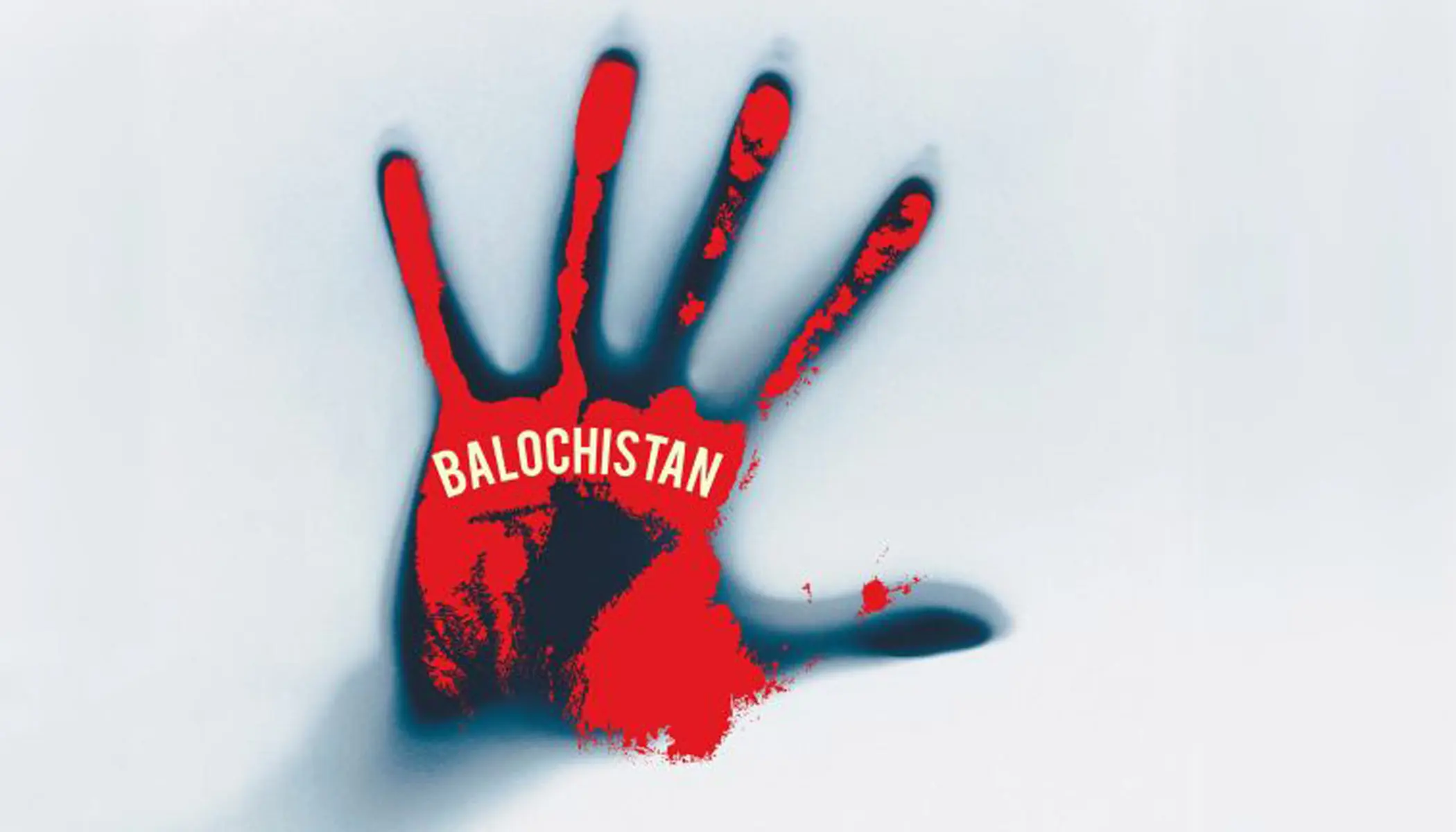A marked escalation in human rights violations occurred in Balochistan throughout March 2025, according to a new report by the Human Rights Council of Balochistan (HRCB). The group documented 151 enforced disappearances, 80 killings—including cases of extrajudicial executions—and a violent clampdown on peaceful protests across the region.
The report details a severe crackdown on activists, protesters, and members of the Baloch Yakjehti Committee (BYC), resulting in hundreds of arrests. The HRCB, a non-partisan human rights organisation with operations in Balochistan and Sweden, attributed the worsening situation to long-standing systemic repression by the Pakistani state, which, it asserts, has intensified since the military coup of 1999.
Enforced Disappearances
According to HRCB, “151 individuals were subjected to enforced disappearance” during March. Of these, only 56 have been released and one transferred to jail, leaving 94 unaccounted for.
Security forces reportedly involved include the Frontier Corps (FC), responsible for 97 of the abductions, intelligence agencies (27), the Counter Terrorism Department (25), and state-backed death squads (2). The majority of disappearances—64%—occurred during house raids.
The district of Kalat reported the highest number of cases (38), followed by Quetta (23) and Gwadar (18). Other affected areas include Dera Bugti, Nushki, and Kech.
The occupations of many abductees remain unknown; however, the report identifies students as the largest known demographic among the disappeared, with 24 cases. Others include drivers, labourers, farmers, Levies personnel, and a handful of professionals such as doctors, lecturers, and activists.
HRCB noted that “the majority of the victims (148) were abducted for the first time, while three were subjected to enforced disappearance for the second time.”
Killings and Alleged Extrajudicial Executions
The HRCB recorded 80 killings, including 74 men and 6 women. Thirty-nine victims remain unidentified. The district of Kachhi witnessed the highest number of deaths (33), followed by Kech (10), and Awaran (8).
Of the total, 20 were killed by unknown armed assailants. In one case, a woman named Rehana was reportedly shot while resisting the abduction of her husband, whose tortured body was discovered a day later. Seven members of a family, including two children, were killed and their hut set ablaze in Sohbatpur.
Separatist groups were also implicated. The Baloch Liberation Army (BLA-Azad) claimed responsibility for three killings in Buleda, accusing the victims of collaborating with state forces. The Balochistan Liberation Front (BLF) reportedly killed another individual under similar accusations.
Twelve individuals were allegedly killed by state forces. In some cases, bodies were brought to Quetta Civil Hospital and later buried without identification. The HRCB raised serious concerns about transparency, particularly after the Edhi Foundation denied involvement in the burials, contradicting government claims.
Crackdown Following Jaffer Express Hijacking
Following the hijacking of the Jaffer Express by the BLA on 11 March, the Pakistani government launched a sweeping counterterrorism operation. According to the military, 33 “terrorists” were killed, but the BLA acknowledged only 13 deaths, releasing names and photographs to support their claim.
HRCB reported that 23 unidentified bodies were brought to the Quetta Civil Hospital on 18 March. Thirteen were reportedly buried in secret at Kasi Graveyard. Families of missing persons, fearing their relatives might be among the dead, were barred from viewing the bodies.
The situation escalated further when security forces violently dispersed family members and activists attempting to enter the hospital. Notably, sisters Saeeda and Beebow Baloch were arrested during the confrontation.
Subsequent house raids led to further arrests, including of psychiatrist Dr. Ilyas Baloch and his relatives. Protests organised by the BYC were met with heavy-handed police action. On 21 March, a sit-in outside the University of Balochistan was attacked, leaving three protesters dead, including 13-year-old Nehmat Baloch.
Despite this, the BYC continued its protest, calling for a province-wide shutdown on 22 March. Security forces responded by arresting prominent BYC figures, including Dr. Mahrang Baloch and others. The protests spread to Karachi, where more arrests were reported.
“During this crackdown, hundreds of protesters were arrested, injured, or subjected to forced disappearances,” the report stated, adding that “despite international human rights groups’ calls, detained BYC leaders remain in illegal custody.”
Persistent Climate of Fear
The HRCB emphasises that such human rights violations in Balochistan are not new. “Thousands of Baloch have been reported missing, hundreds killed in fake encounters and so-called kill and dump policy of the military,” it said.
Operating in a region where journalists and independent rights groups face restricted access, the HRCB compiles its reports through a network of local volunteers. It has urged international mechanisms to investigate and address what it describes as “a worsening human rights crisis.”

